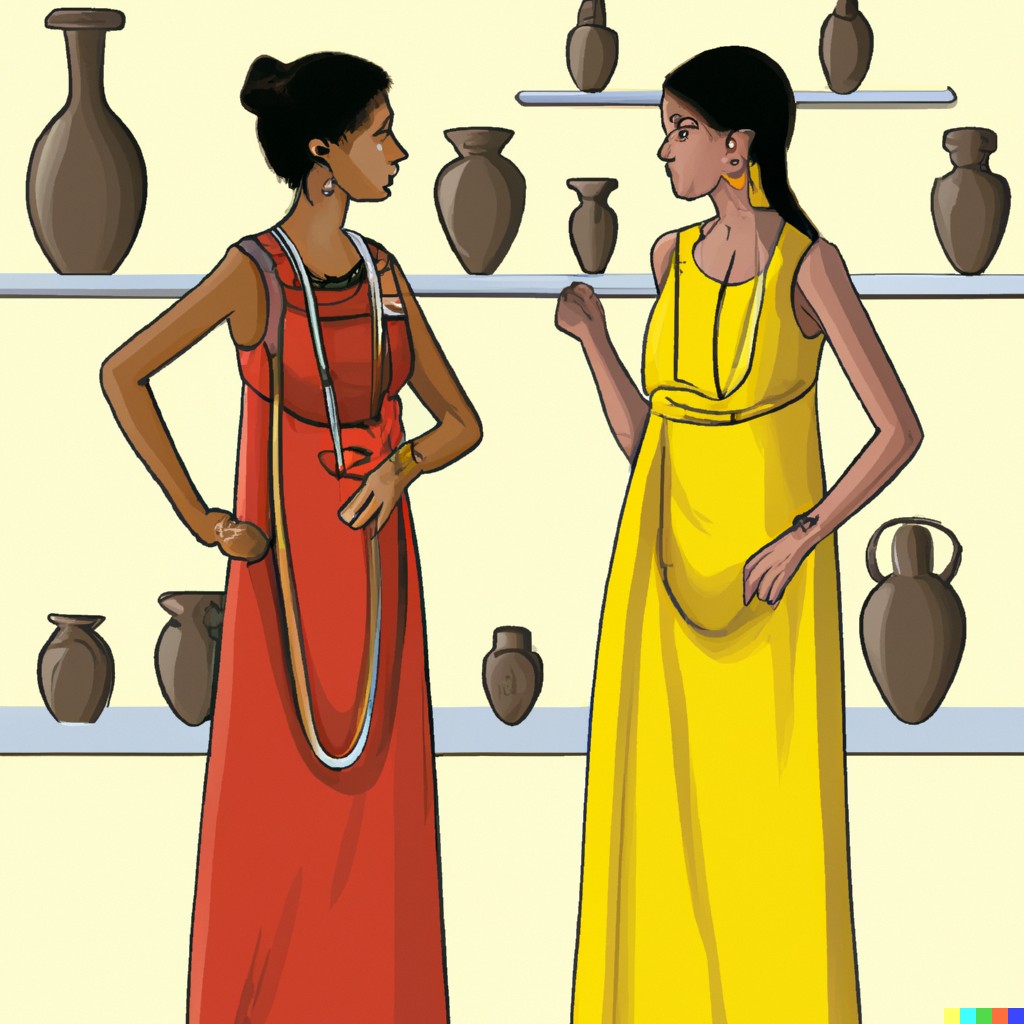
A few weeks ago, I was surprised to discover that I've already learned an important lesson from Seneca. So stoicism works in real life, wow! It happened like this. With a group of friends, I went out for a light dinner before a concert, and one of them announced that he would be paying for everybody, because he wanted to celebrate an important promotion, which came with a substantial raise.
Now, you have to know that this person was at the source of a small personal crisis I had around two years ago when I discovered how much he was earning back then. I didn't think of myself as poor; with my job as a freelance translator, I could pay my bills and still afford some superfluous entertainment. But when I learned that someone not more intelligent than me and not doing more useful work (he'll be the first to admit that [well, at least the latter]) was making 4-5 times more money than me, I started seriously questioning my situation. And I was simply jealous. A few months later, I had this idea of starting to read Seneca, the slow way. I wasn't able to stick with it for long, and I was starting all over again after some time, which means that I was reading the first handful of letters over and over again. In these letters, you can find some memorable passages about what it means to be rich and to be poor, and those words stayed with me. In the second letter, he starts by quoting Epicurus: "Cheerful poverty is an honorable thing", and comments:
Indeed, it is not poverty if it is cheerful: the pauper is not the person who has too little but the one who desires more.*
(Illa vero non est paupertas, si laeta est; non qui parum habet, sed qui plus cupit, pauper est.)
The friend in question, when asked, will tell you that he is not rich, but he knows some people who really are. He compares himself to them. That thought pattern doesn't have an end. To try to have as much money as your more fortunate friends is the way of the one "who desires more", and it can only lead you to feel poor forever. Seneca would even say: those people are the real poor. The only way out of this trap is to understand that you have enough. (Unless you really don't, and that's also a possibility Seneca takes into account, but real needs are for him the basic ones, like food and shelter.)
Fast forward to my evening with friends from a few weeks ago, and I'm cured of jealousy; I'm rich, while my friend is still poor. I was surprised myself, but my perception really changed. Now how can I persuade the rest of the world, so we can stop this frantic rush altogether?
I'm curious to see what it would look like to read Fernando Pessoa in the same way. What remedy would Pessoa offer against poverty (or against feeling poor)? Will modern wisdom differ from the ancient? I took The Book of Disquiet from the shelf and opened it at random. Nothing about poverty or wealth. I went a few pages forward... again, nothing. But on the third attempt, there it was: fragment 294, conveniently short, so I can quote it in full.
(294) Wealth should never be envied except platonically. Wealth is freedom.**
(Nunca se deve invejar a riqueza, senão platonicamente; a riqueza é liberdade.)
I'm puzzled. At first approach, this sentence sounds self-contradictory: freedom seems very much enviable to me. If wealth is freedom, I will envy it. But I'm supposed to envy it "platonically". What can that mean? We all know what it means to love platonically (it's the way Alex loves his friends), but how do you envy platonically? Maybe it can mean envy without crossing the line to possessing the object of your envy... Is Pessoa saying "Envy the wealth, but not to the point of becoming wealthy yourself"? How would that make sense? To observe the freedom that comes with wealth, and try to emulate it, while staying poor? What if the freedom of wealth means having a bottle of wine delivered via helicopter while white-water rafting in the Grand Canyon? Is he saying that the most important part of wealth is freedom anyway, so you can cut corners and start being free today, without bothering with your Swiss bankers and the current Bitcoin rates? Take a kayak out on the nearest river and don't forget to pack a bottle of wine.
I'm satisfied with that, and I can put the book back in place.
----------------
*Lucius Annaeus Seneca, Letters on Ethics, translated by Margaret Graver and A. A. Long, University of Chicago Press, 2015.
**Fernando Pessoa, The Book of Disquiet, translated by Richard Zenith, Penguin Books, 2001.
Previous parts of my reading notes: Letter 1, Letter 2 (part one).
Oh, my poor sleeping ... The upcoming evening with Seneca is inevitable. 🤷♂️ 😊
What about Pessoa, the fiction guy? 🥸
I promise to leave a couple words for "platonic envy" 😎
*platonic envy
My high school maths teacher once said something like, "Those who are ignorant will live a happier life than those who have a broad knowledge. Those who ignore or don't have the knowledge to understand ongoing events won't feel the stress that comes with those situations."
As far as I'm concerned, she was spot on. But on the other hand, you Lokus managed to leverage your knowledge to feel better.👏👏👏
Simone, you can encapsulate what your teacher said with one English idiom: ignorance is bliss.
@CocoPop I didn't know this idiom. Thank you👍
👍🏼🤩